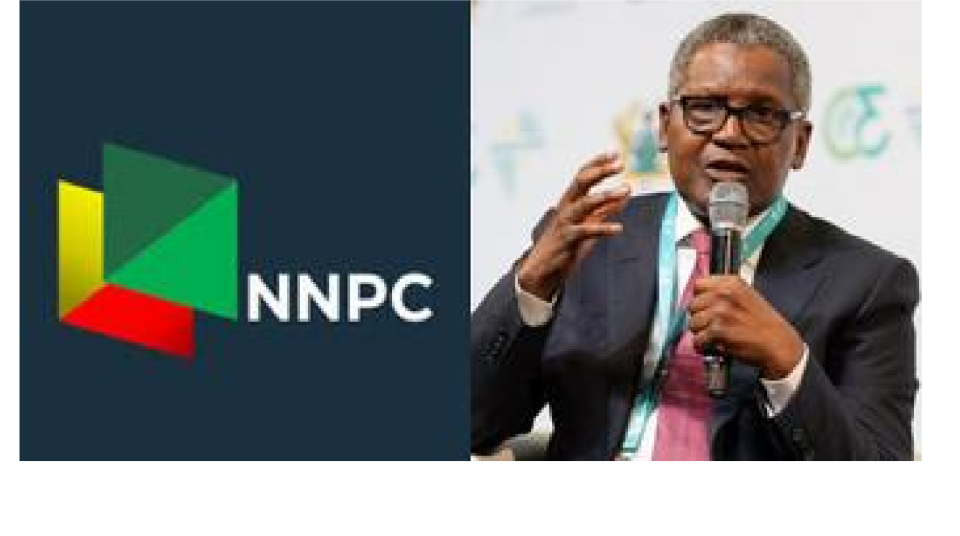The NNPC Ltd has released estimated prices of Premium Motor Spirit (PMS), also known as Petrol (obtained from the Dangote Refinery) in its retail stations across the country. A litre of petrol may now be sold for N898, this may be more or less in the coming weeks.
In a statement from Olufemi Soneye, Chief Corporate Communications Officer on behalf of NNPC Ltd, the PMS prices are not set by Government but rather negotiated directly between parties “on an arm’s length”, in line with the provisions of the Petroleum Industry Act, PIA.
“The NNPC Ltd can confirm that it is paying Dangote Refinery in USD for September 2024 PMS offtake, as Naira transactions will only commence on October 1st, 2024.”
Olufemi Soneye further wrote NNPCL as saying that, “if the quoted pricing is disputed, it will be grateful for any discount from the Dangote Refinery, which will be passed on 100% to the general public.”
“What is important” like Olu Philips of Channels Television said, “is that crude oil which is produced in Nigeria is now processed and refined by a Nigerian refinery…, as every issue around prices can still be addressed as developments unfold.”
It would be recalled that a few weeks ago, following shifting positions, allegations and counter allegations on sabotage that got to a crescendo, between the camps of Tinubu and Aliko Dangote, Bola Ahmed Tinubu at a FEC meeting, directed that the NNPCL sold crude oil to local refineries (including Dangote Refinery) in Naira…, a step which analysts believe will save Nigeria whooping sum of about $7.32bn annually.
The directive according Dr Zacch Adedeji, one of Tinubu’s Special Advisers, would not only include extending the sale of crude oil to Dangote Refineries, it would also include sale of Dangote’s products to others in Naira as well. Adding that the decision was to mitigate the heavy reliance on foreign exchange for crude oil imports, which currently accounts for roughly 30 to 40 percent of Nigeria’s forex expenditure.

